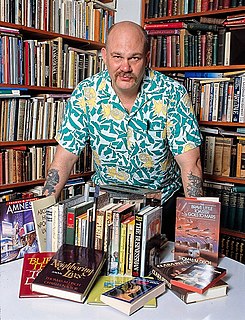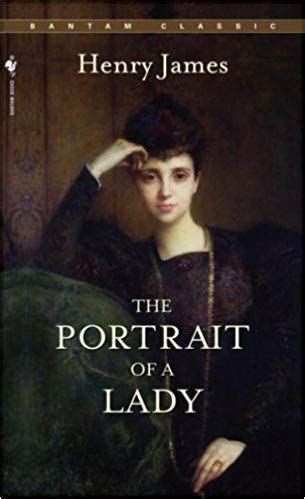A Quote by Helen Vendler
There are not many poets whose fame rests on a single work.
Related Quotes
Had there been no Renaissance and no Italian influence to bring in the stories of other lands English history would, it may be, have become as important to the English imagination as the Greek Myths to the Greek imagination; and many plays by many poets would have woven it into a single story whose contours, vast as those of Greek myth, would have made living men and women seem like swallows building their nests under the architrave of some Temple of the Giants.
I started moving away from poets like Wallace Stevens and Hart Crane and started reading poets like, again, Karl Shapiro, Howard Nemerov, Philip Larkin, and the British poets who were imported through that important anthology put together by Alvarez - and those would include Thom Gunn and Ted Hughes. And I think these poets gave me assurance that there were other ways to write besides the rather involuted style of high modernism whose high priests were Pound, Eliot and Stevens, and Crane perhaps.



































